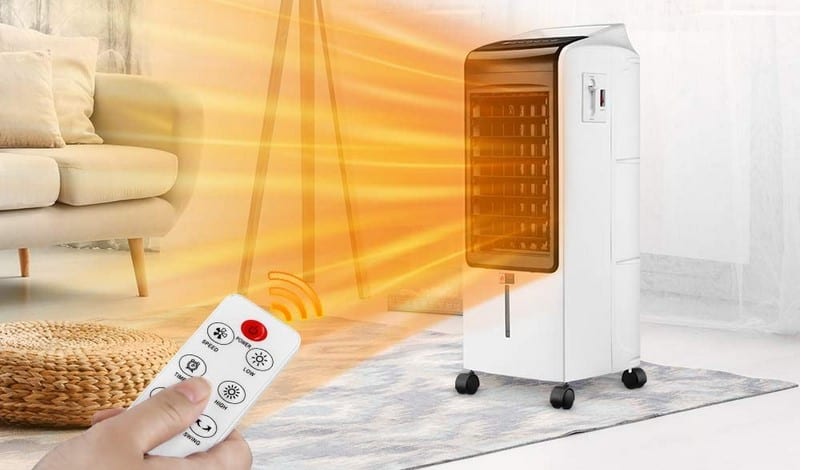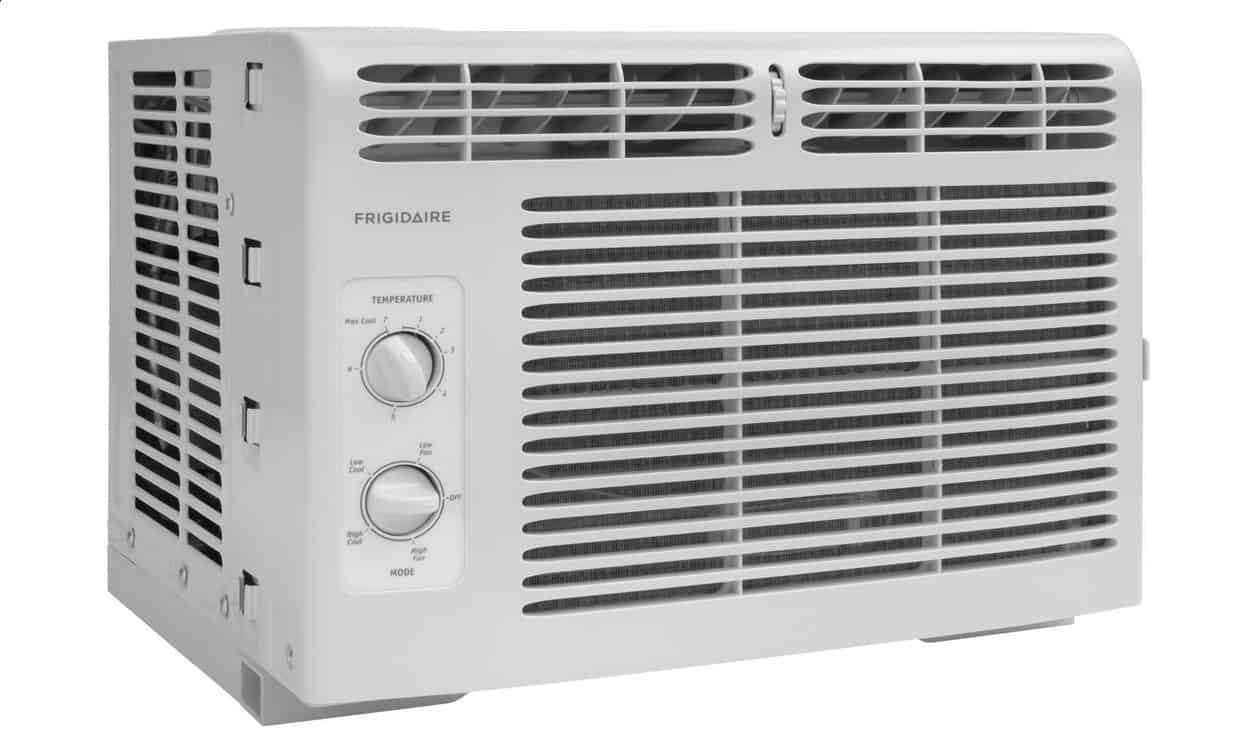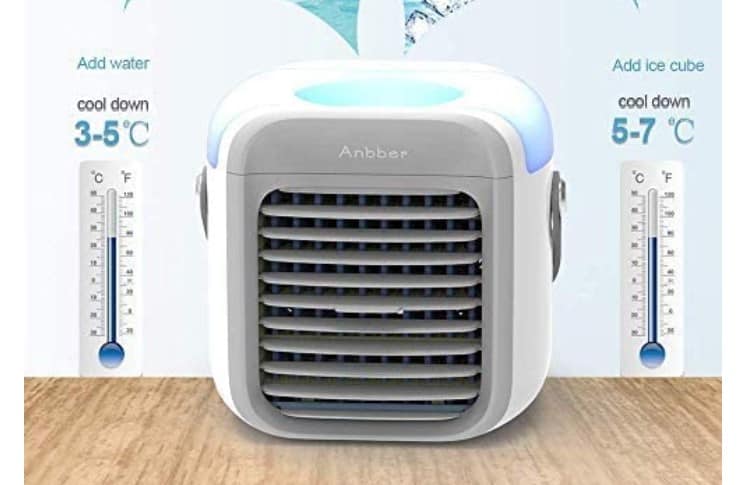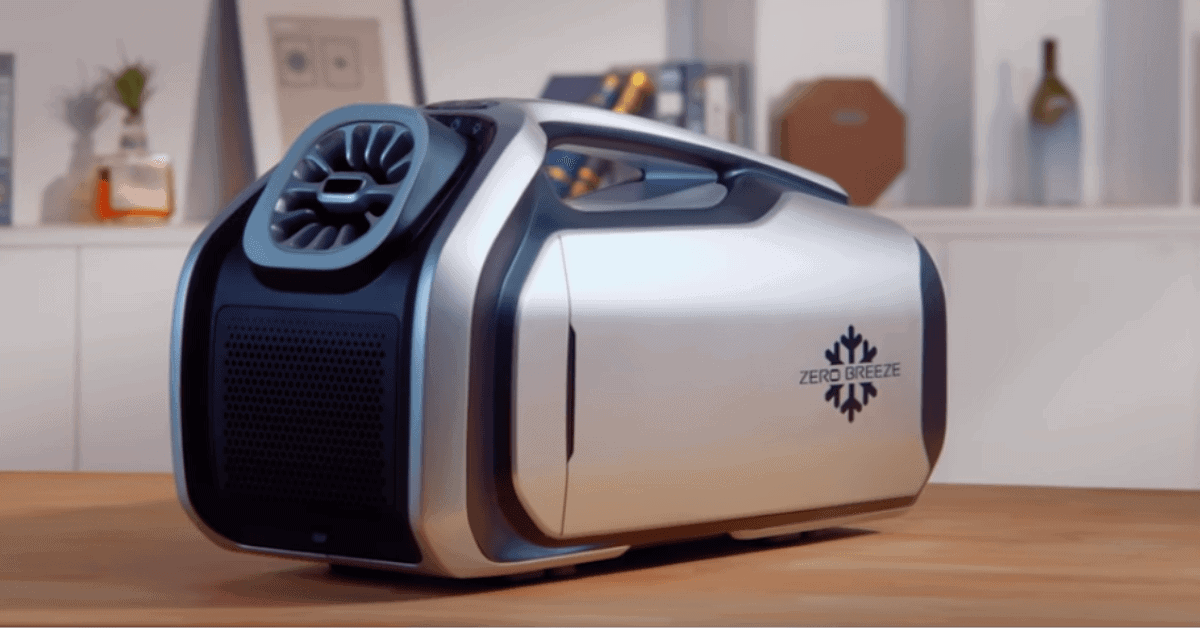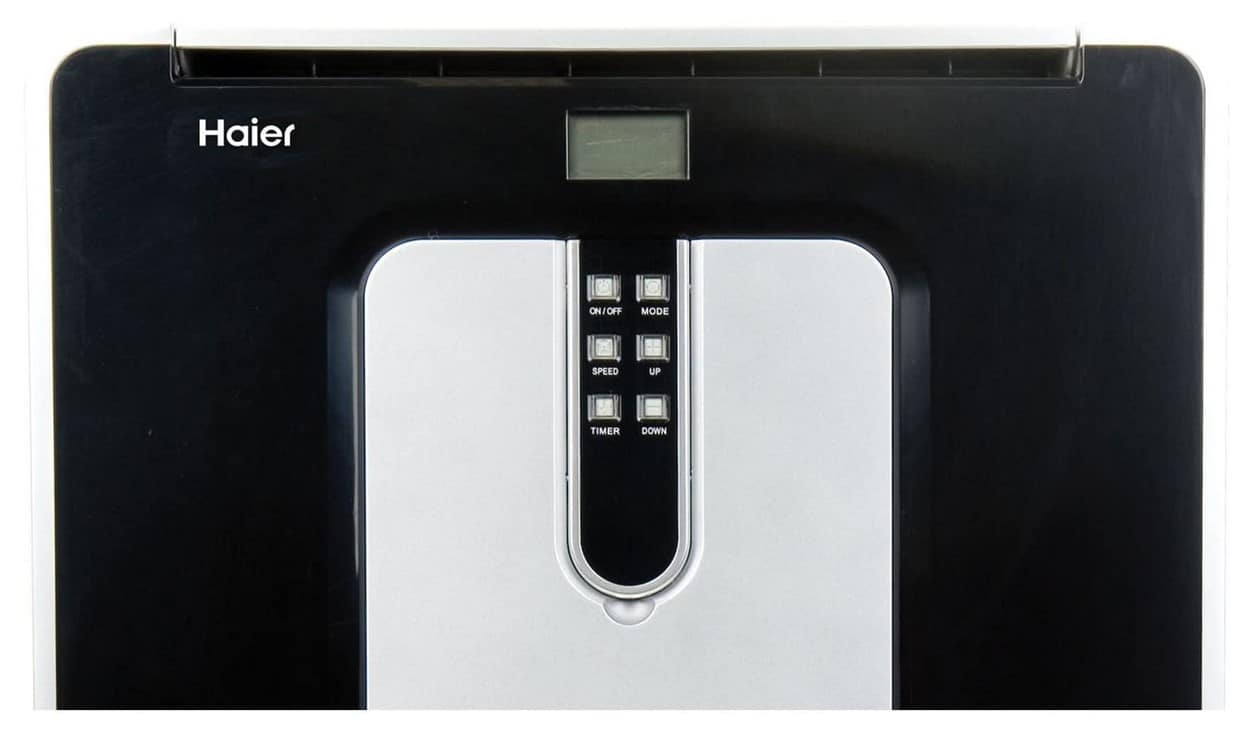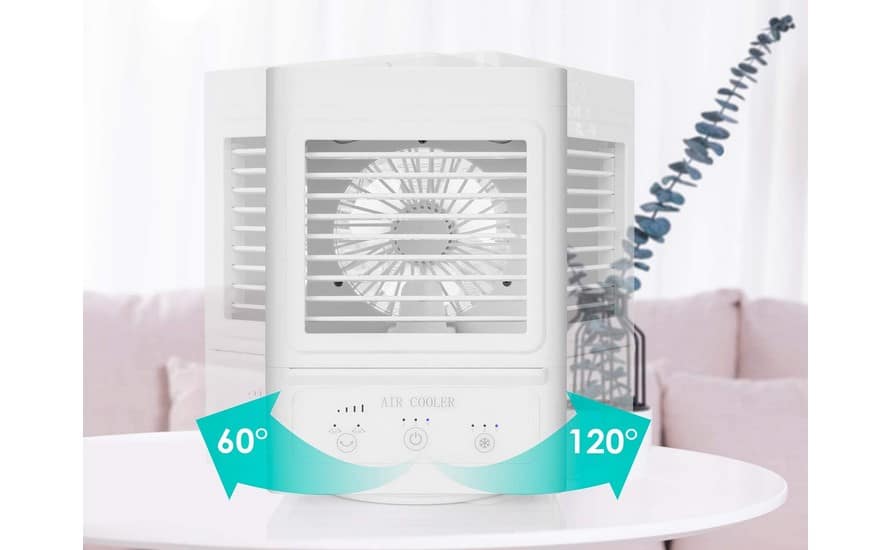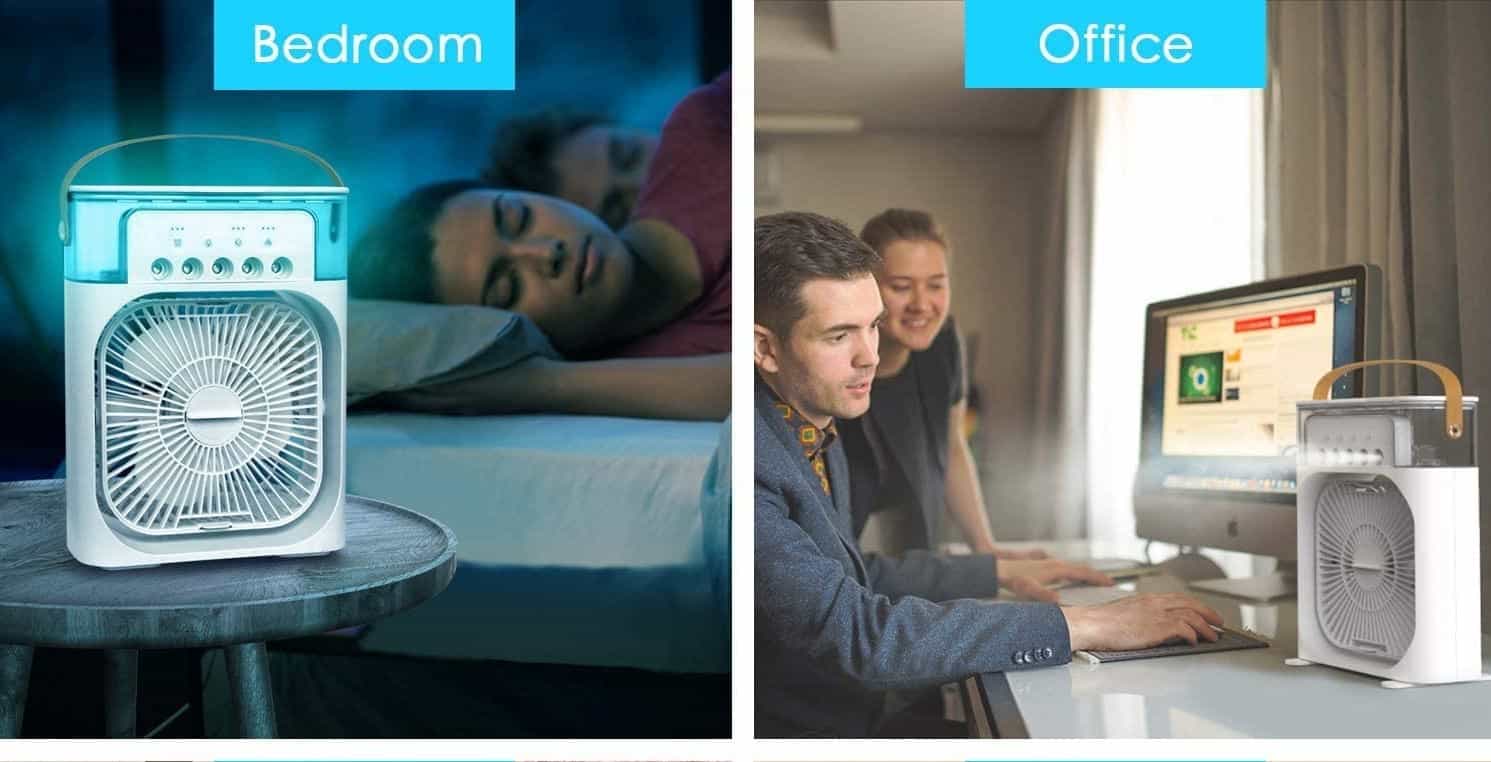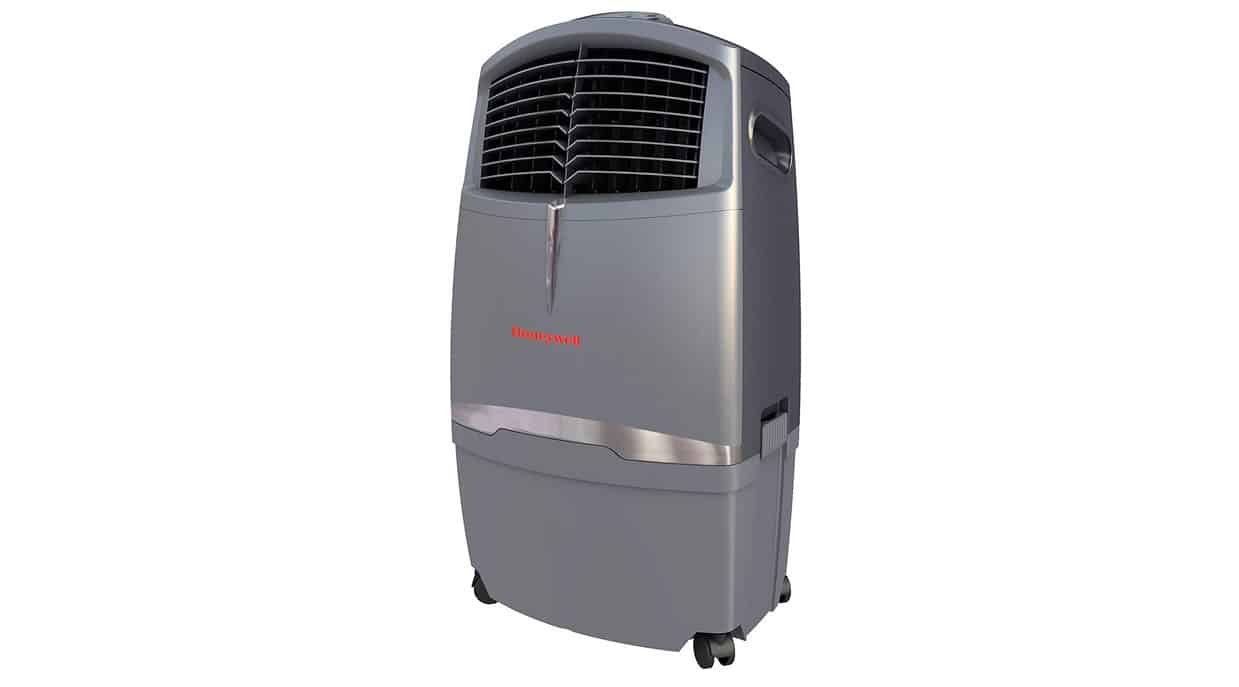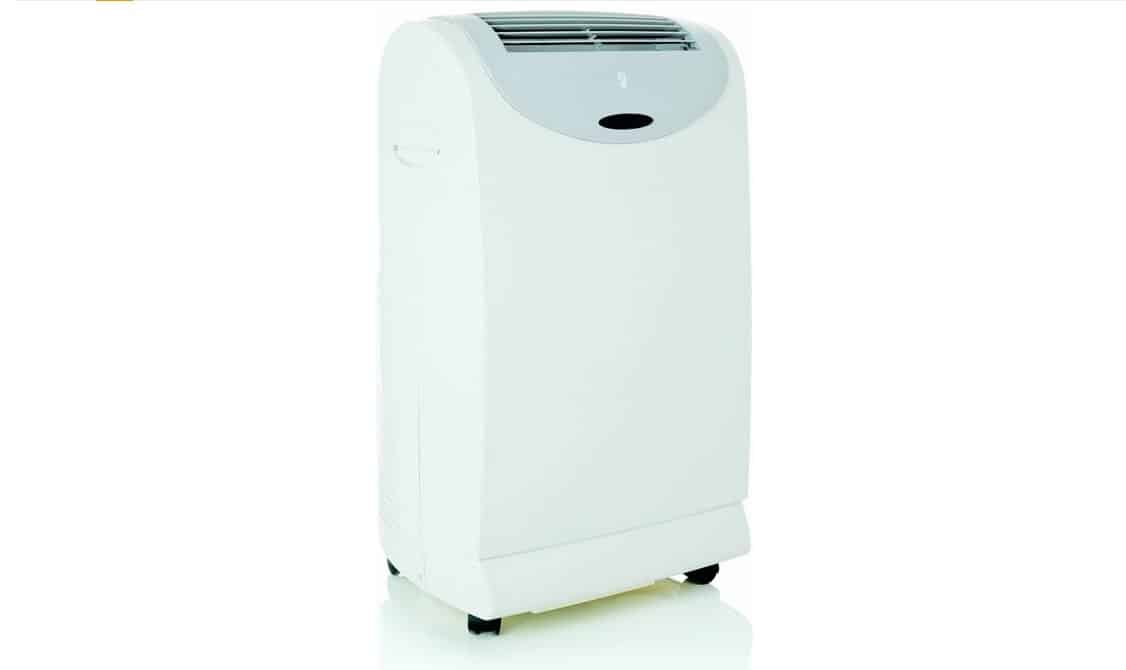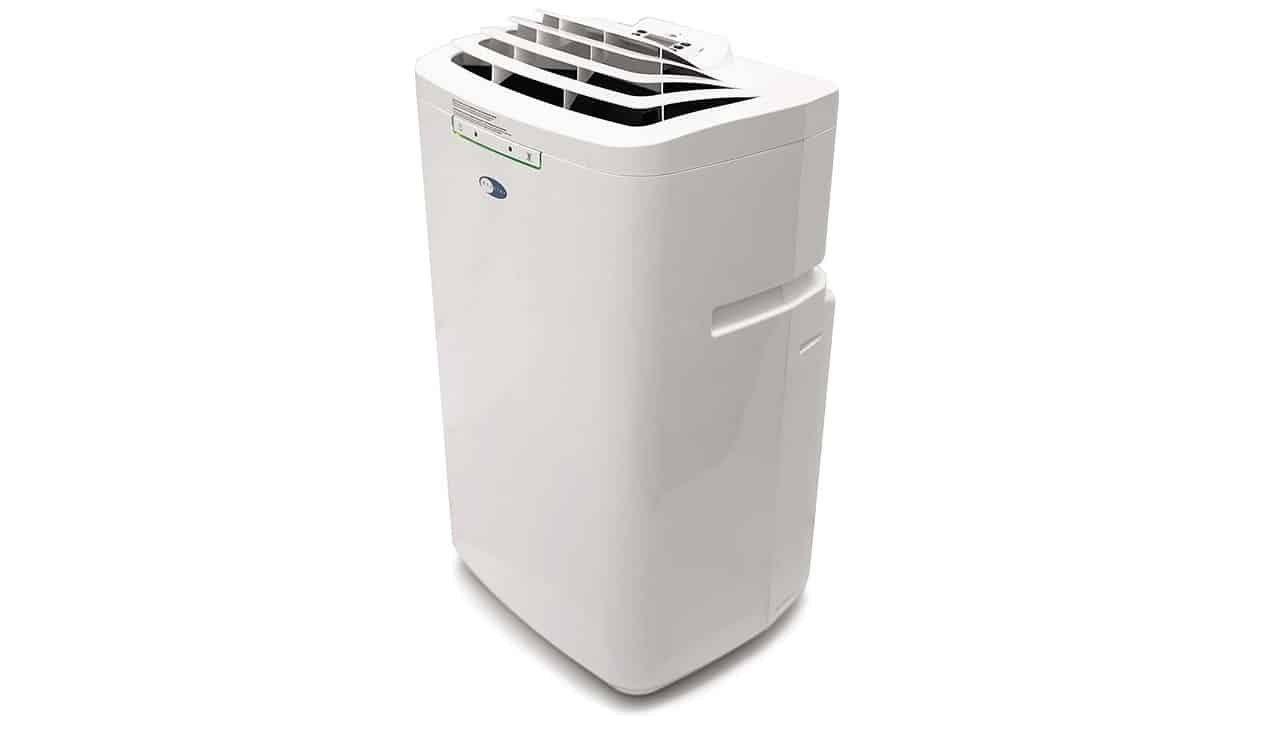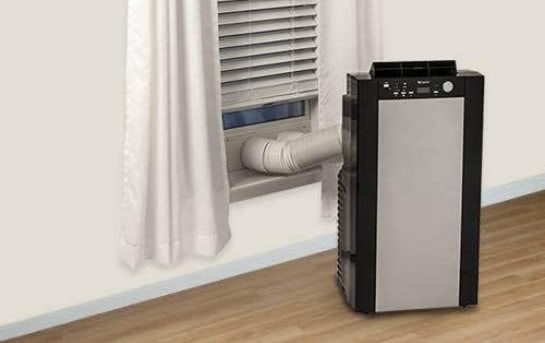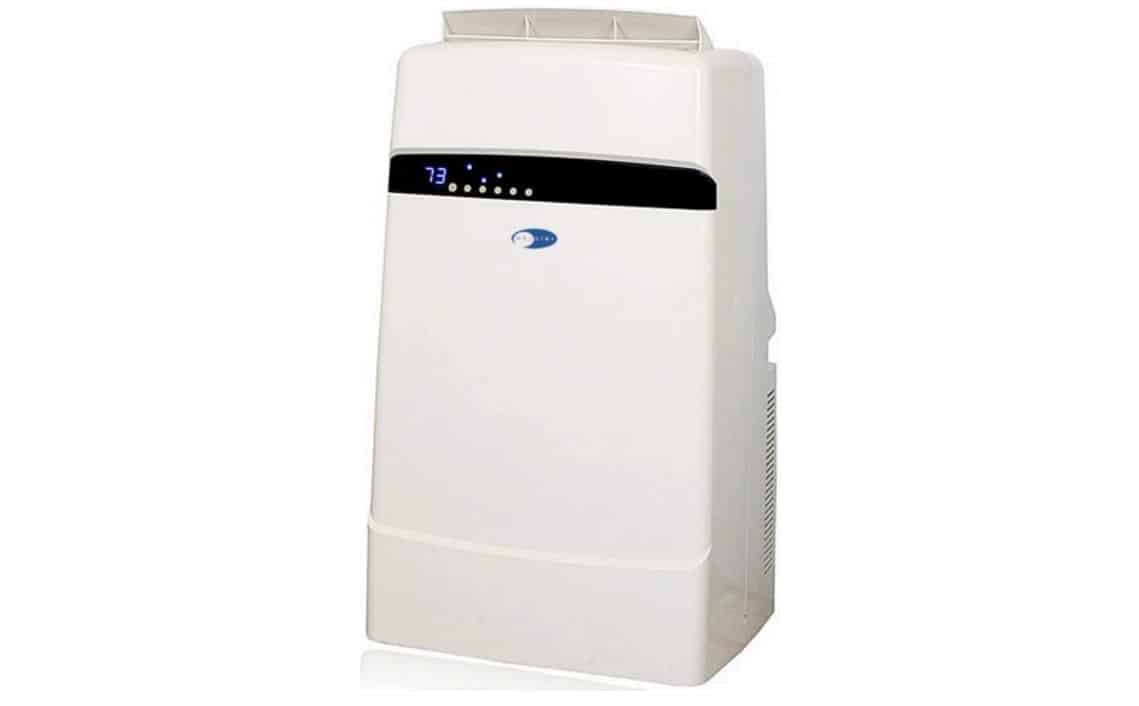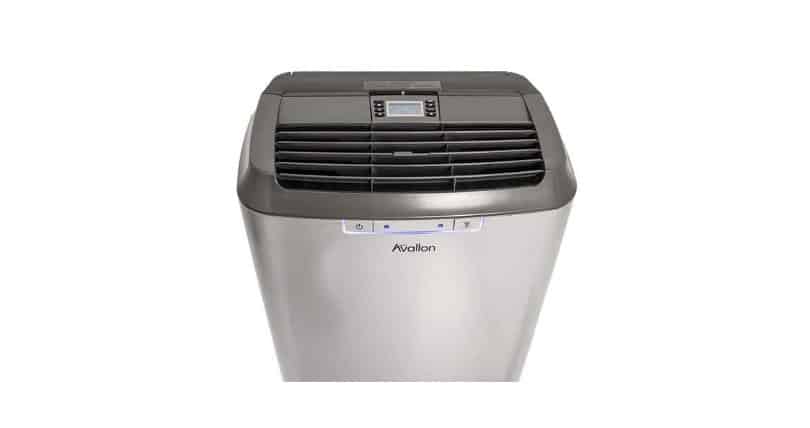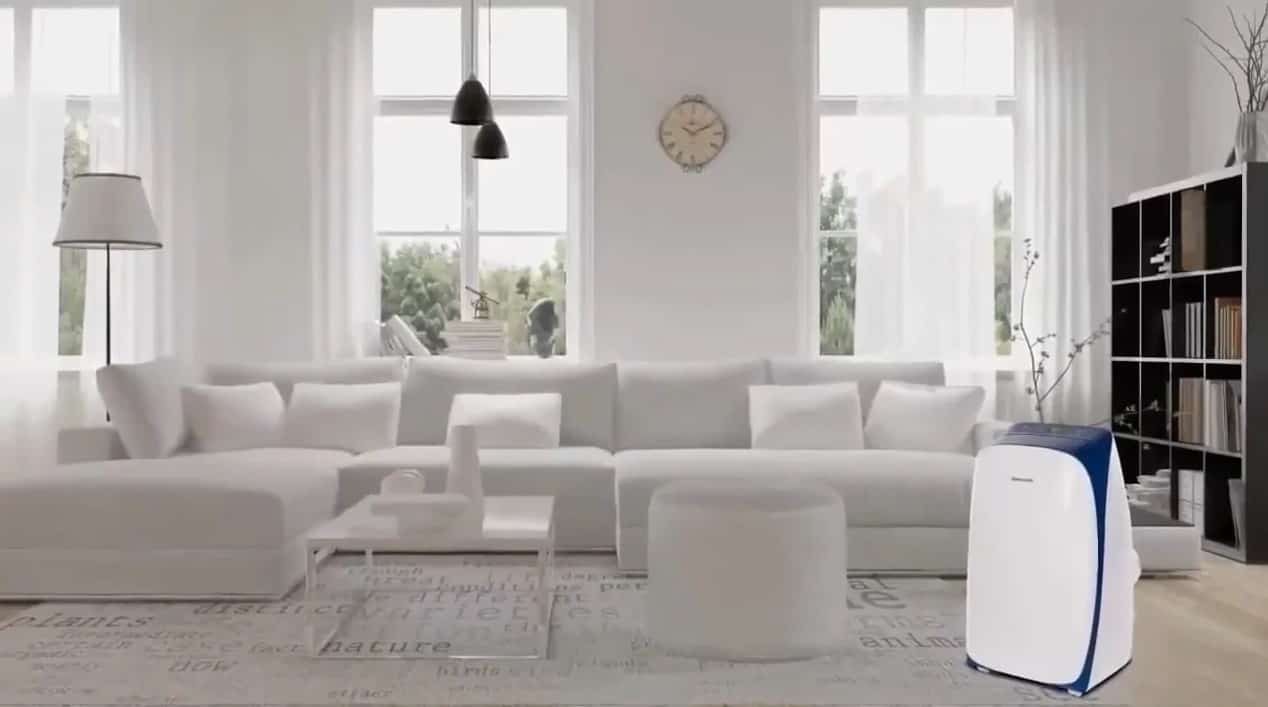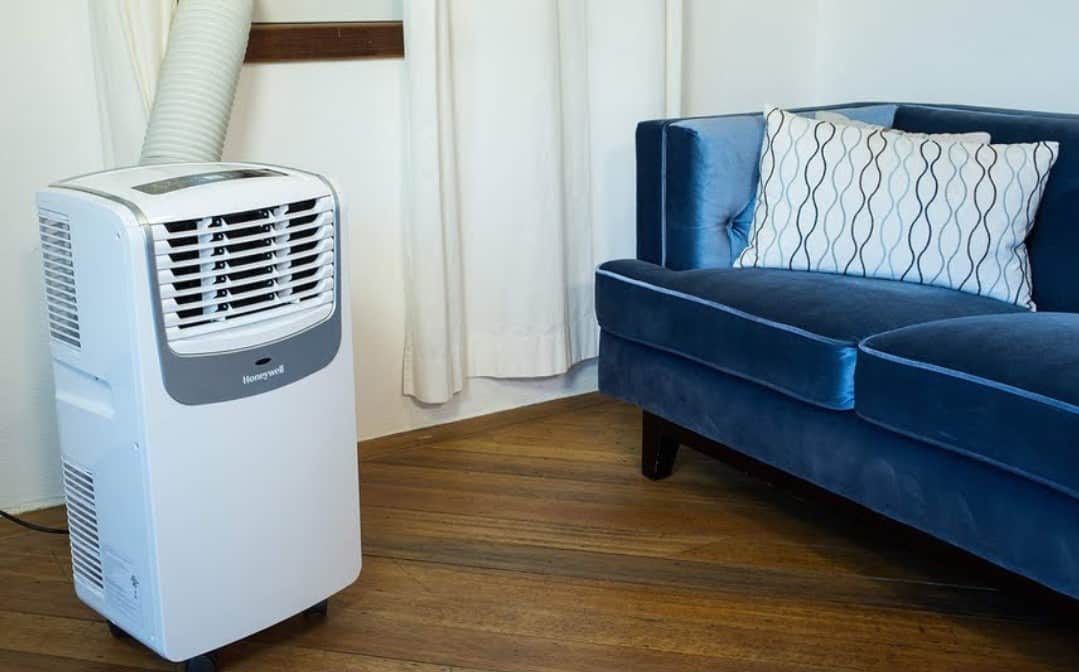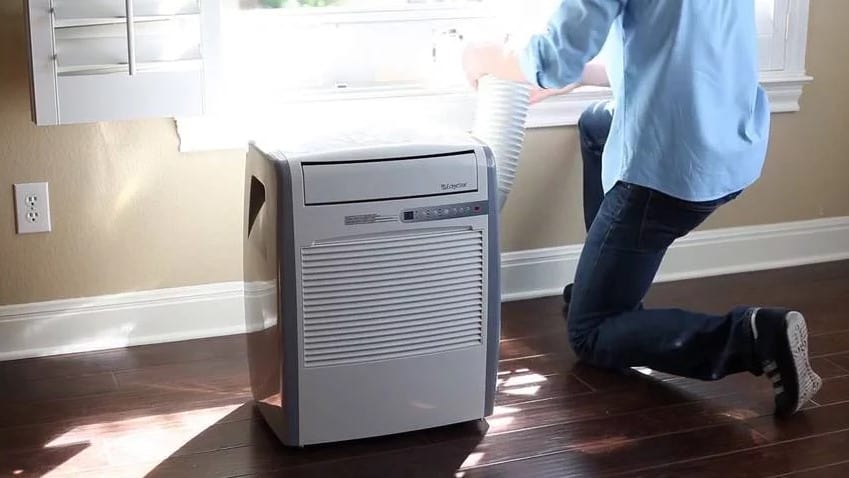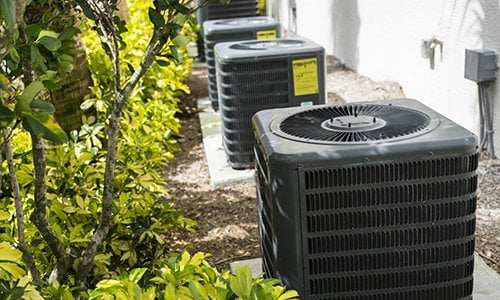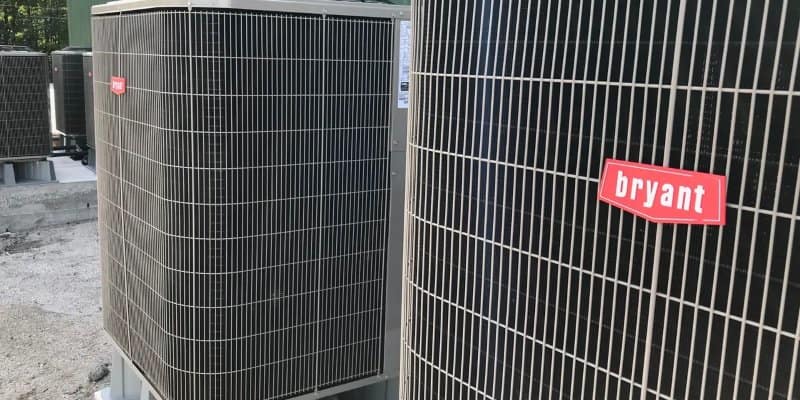If your air conditioner fan is not blowing, you’ll want to figure out what happened as soon as possible, especially if it’s the middle of summer. Several issues can lead to a stationary or slow-moving fan even in the best air conditioners, and they aren’t all related to the fan itself.
KEY TAKEAWAYS:
- An air conditioner fan may not work if it has broken fan blades or a worn-out fan motor.
- Additional maintenance issues with your air conditioner can appear as the fan is not blowing, especially if you have a dirty air filter.
- If your fan does not start or starts and stops, you may have blown a fuse, tripped a circuit breaker, or your start or run capacitors for your fan isn’t working.
Some of these problems are easy to address, while others require repair from a certified HVAC technician. For example, you may need maintenance if you ask, “why is my AC compressor not working?”
If The Fan Is Not Blowing on Your Air Conditioner
Air conditioner fans, similar to the ones found on the Vornado 184, rely on other elements to start and disperse air, so issues with your fan may be related to other parts of the system. However, you may also have a broken fan blade or worn-out condenser fan motor.
Insider Tip
You can see your fan from outside the unit to determine if there are visible signs of damage.
Other reasons that may make your AC’s fan quit blowing include loss of power due to a tripped breaker, a blown fuse, frozen coils, capacitor issues, or a dirty air filter. Read on to learn more about these issues. In addition, you may want to know what to do when your air conditioner heater is not working.
Fan Issues
A broken fan blade is a common problem with air conditioning fans. You can easily see the fan from outside the outdoor unit. Because of this, you should not attempt to repair the unit yourself. Instead, call a certified repair technician.
If your fan motor is burnt out, the fan won’t spin consistently during the air conditioning cycle. The motor on a condenser fan provides the power and motion to move the fan blades. So, if you don’t see your fan moving, you might have a bad fan motor. Additionally, you may have a defective capacitor, a tripped circuit breaker, or a blown fuse.
Power Complications
When you lose power to your air conditioner, the cycle may not start, or the fan may not blow. In some cases, the cause can be easily determined by looking at your circuit breaker or fuse box. For example, a blown fuse will appear different from the others on the board. Likewise, a tripped breaker appears as a switch flipped to the opposite side of the other breakers on the same panel.
You may have a faulty capacitor if your air conditioner is running but the fan isn’t moving. Capacitors store power for use during the air conditioning cycle. A start capacitor provides the jolt needed to start the fan motor while the run capacitor keeps it running. If one of these elements stops working, your fan may not start, or it may start and stop.
Maintenance
Your air conditioner requires regular maintenance to run smoothly and avoid extra damage. For example, if your air filters get too dirty, air can’t pass through them easily. If this is the case, you may notice either a low-strength airflow or no airflow at all. Similarly, you should clean your components to maintain a consistent and efficient air conditioner.
Warning
Your air conditioner fan may not appear to work if the air filters are dirty, but regular maintenance may counteract this issue.
F.A.Q.S
What’s a capacitor, and what does it do?
A capacitor stores electrons, which are converted to energy when the air conditioning system turns on. The capacitor works like a battery, and a start capacitor starts the fan with the run capacitor, continuing to provide energy to power the motor.
What causes a capacitor to fail?
Capacitors may fail if they overheat or if the element is damaged during use.
How does a central AC system work?
An air conditioner takes in air from outside the system before cooling it using several elements, including refrigerant. Then, the cool air is released into your home. This is different from how portable air coolers work.
STAT: Leaks, holes, and poorly connected ducts cause the average house to lose about 20–30% of the air moving through the duct system. (source)
REFERENCES:
- https://www.bowersoxair.com/2020/07/22/ac-fan-not-working-7-steps-to-take-if-your-ac-fan-isnt-running/
- https://www.hydesac.com/central-air-conditioner-fan-working-potential-explanations/
- https://trustcompleteair.com/ac-fan-not-spinning/r
- https://www.libertyairac.com/ac-heater-not-blowing-air/
- https://www.carrier.com/residential/en/us/products/air-conditioners/air-conditioner-service/air-conditioner-fan-not-working/

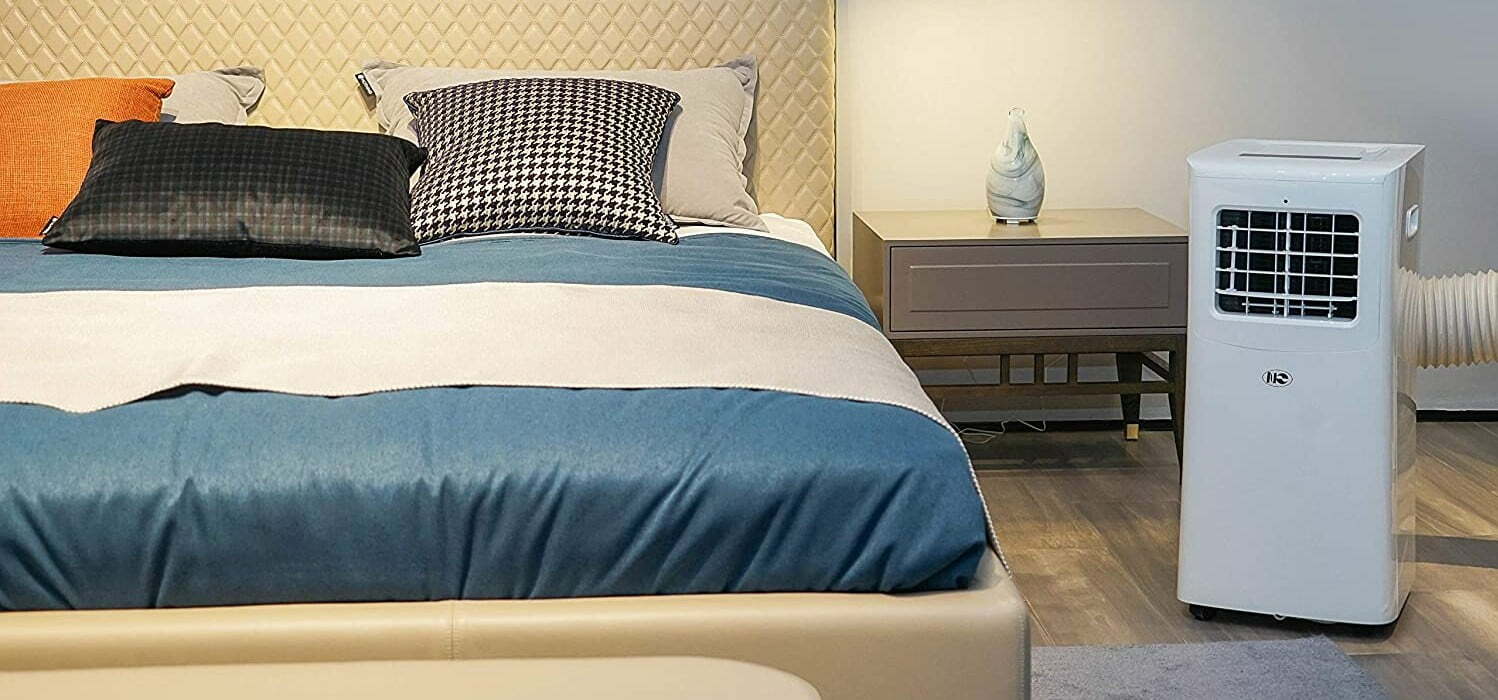













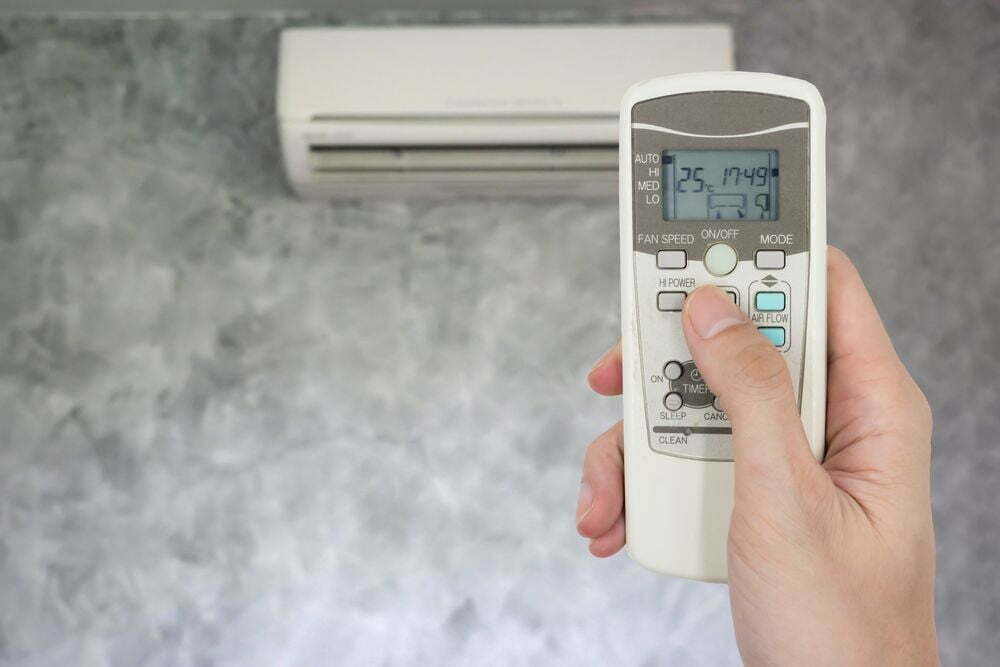
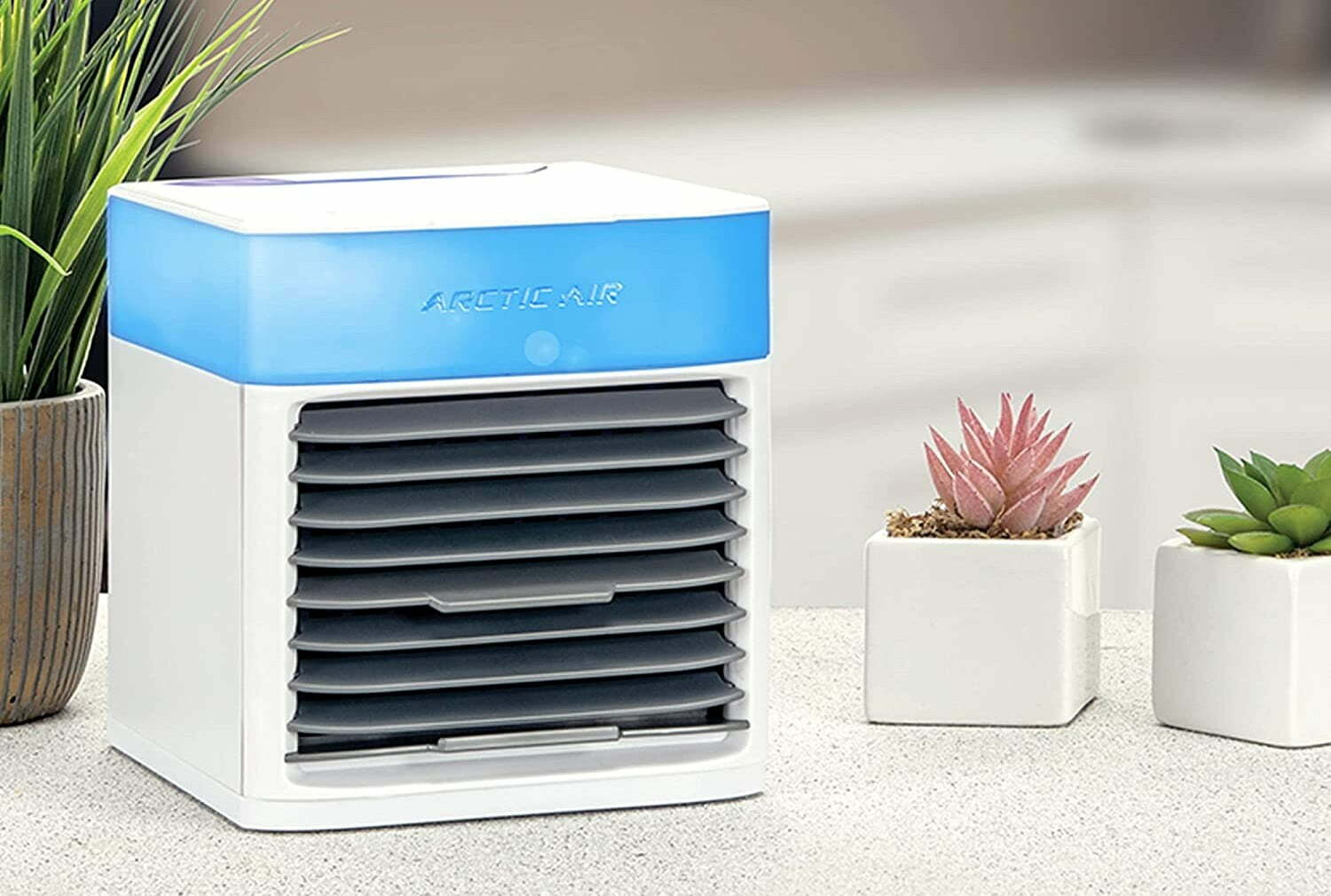
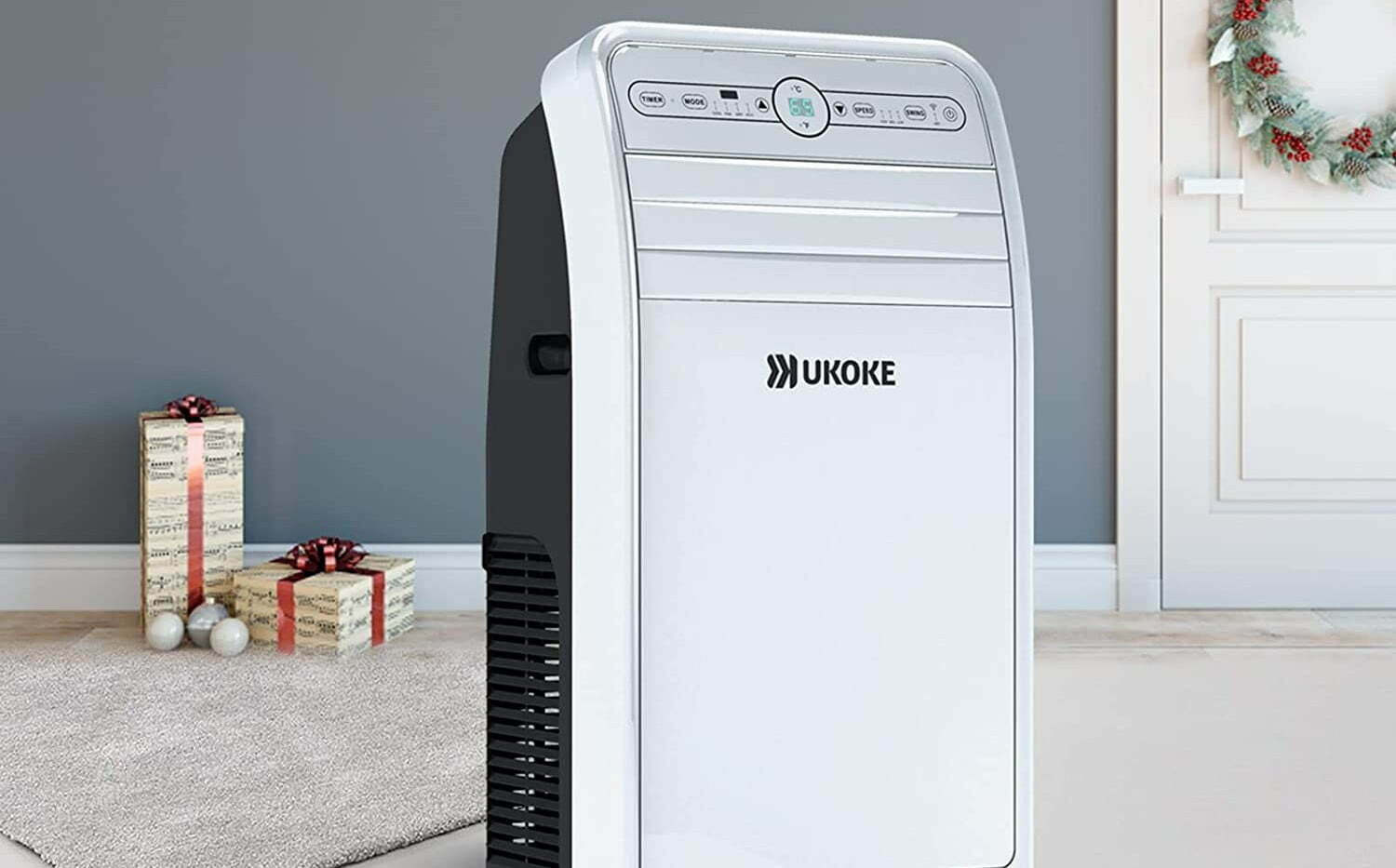
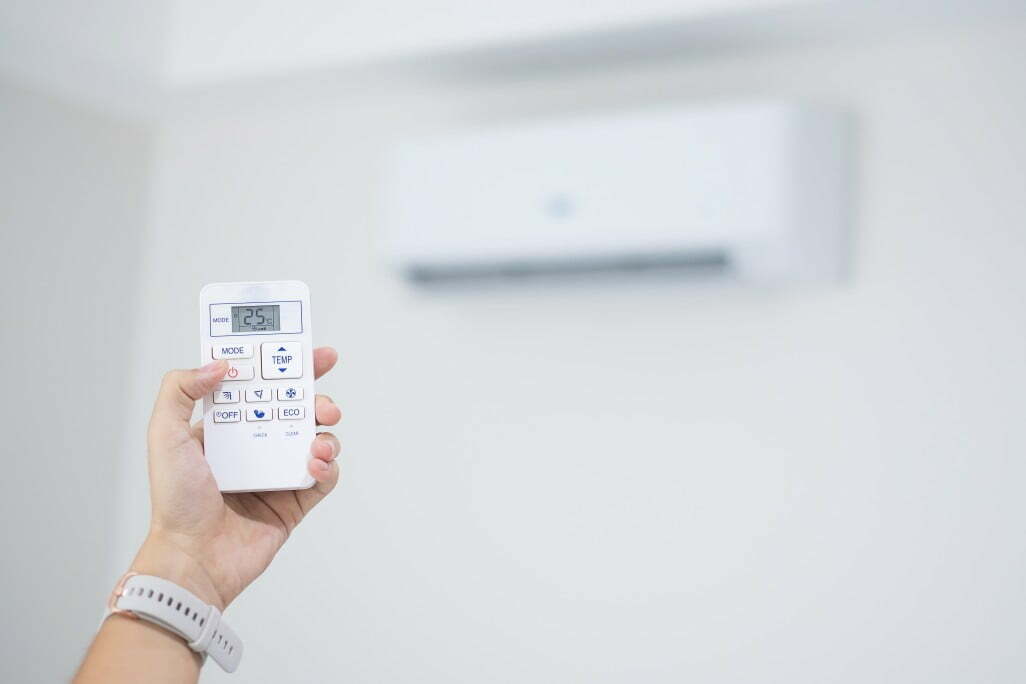
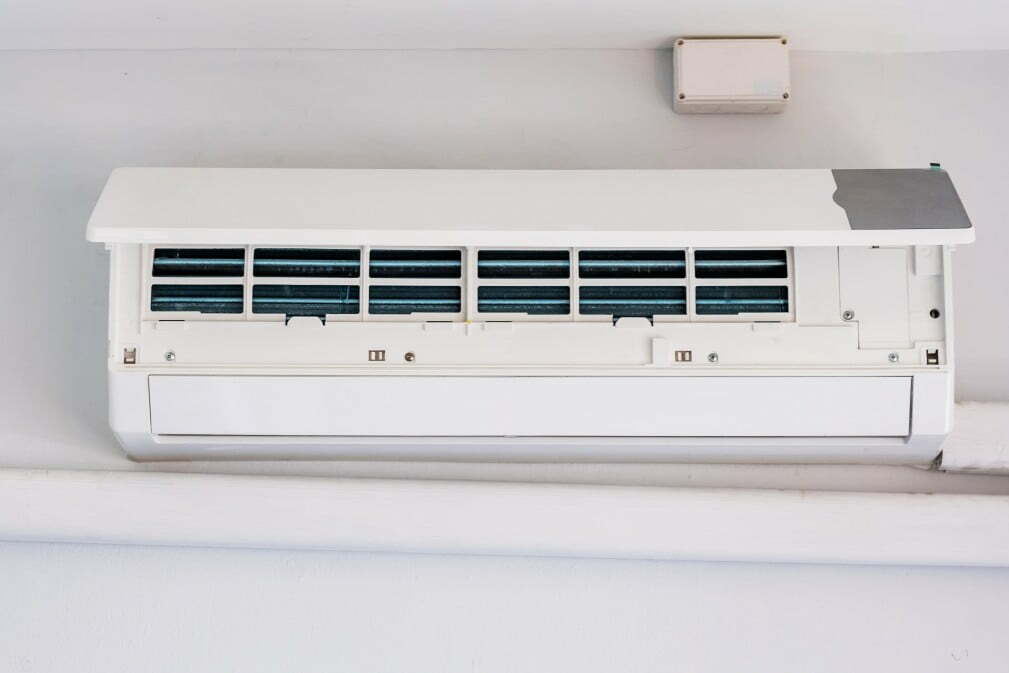
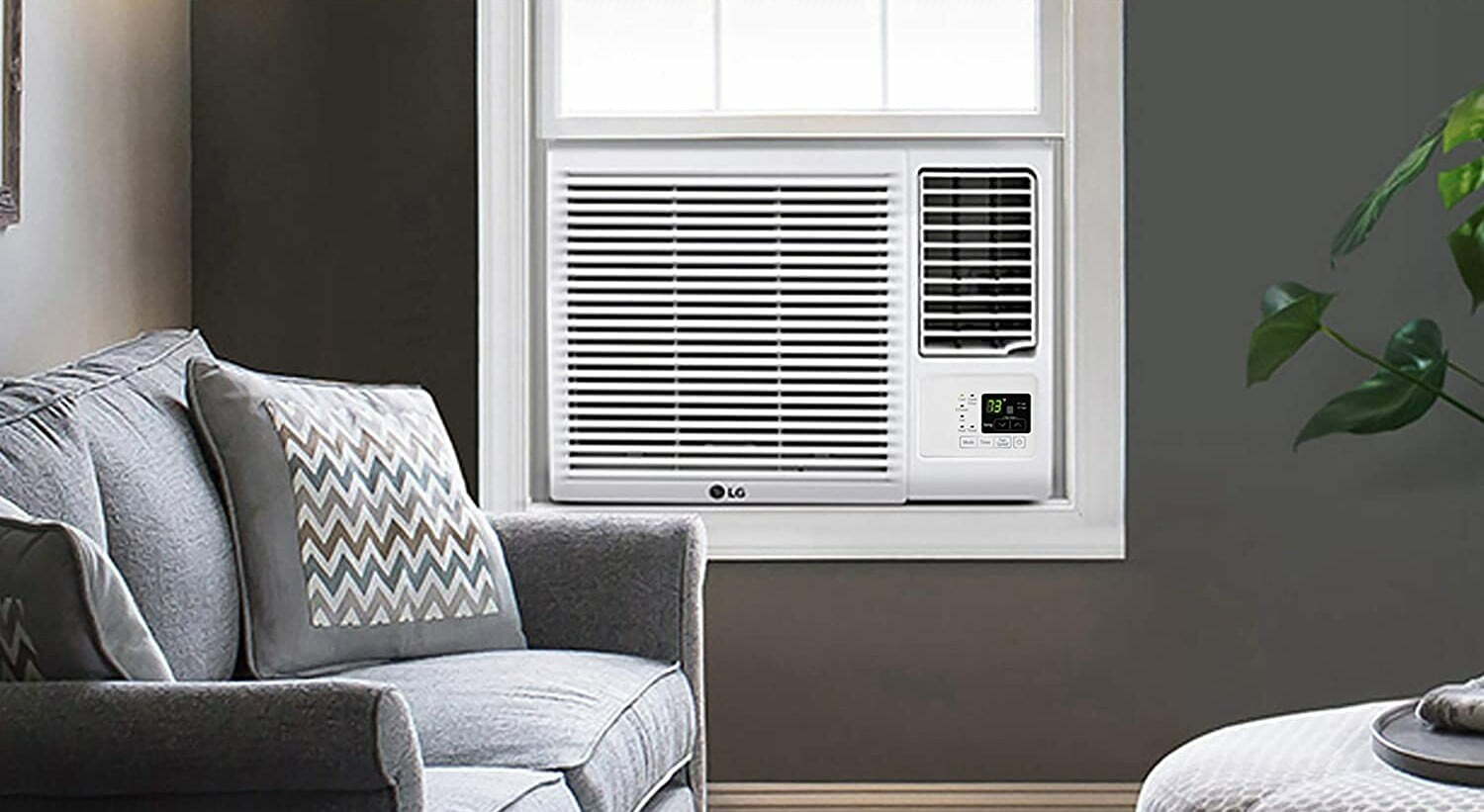
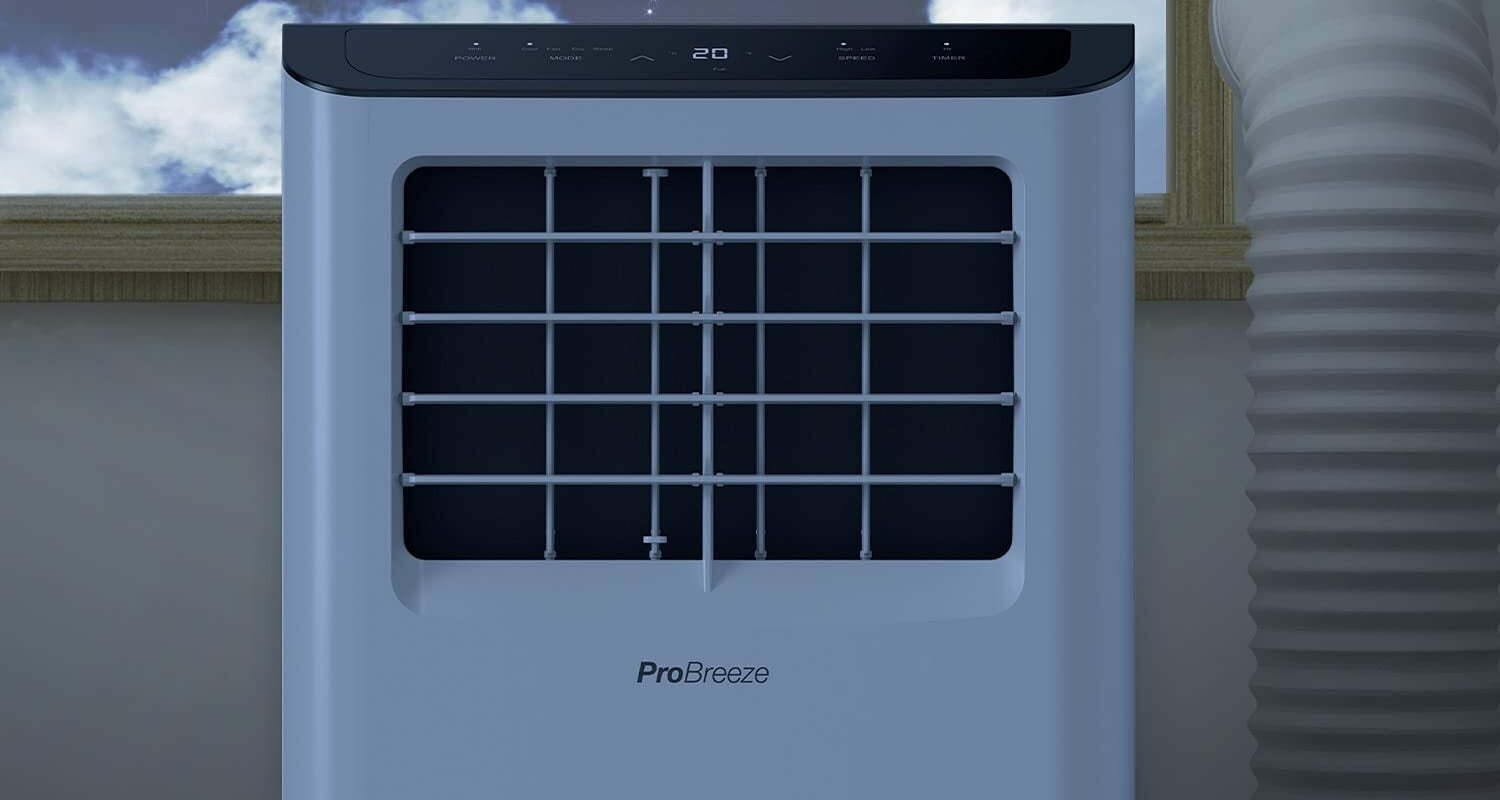
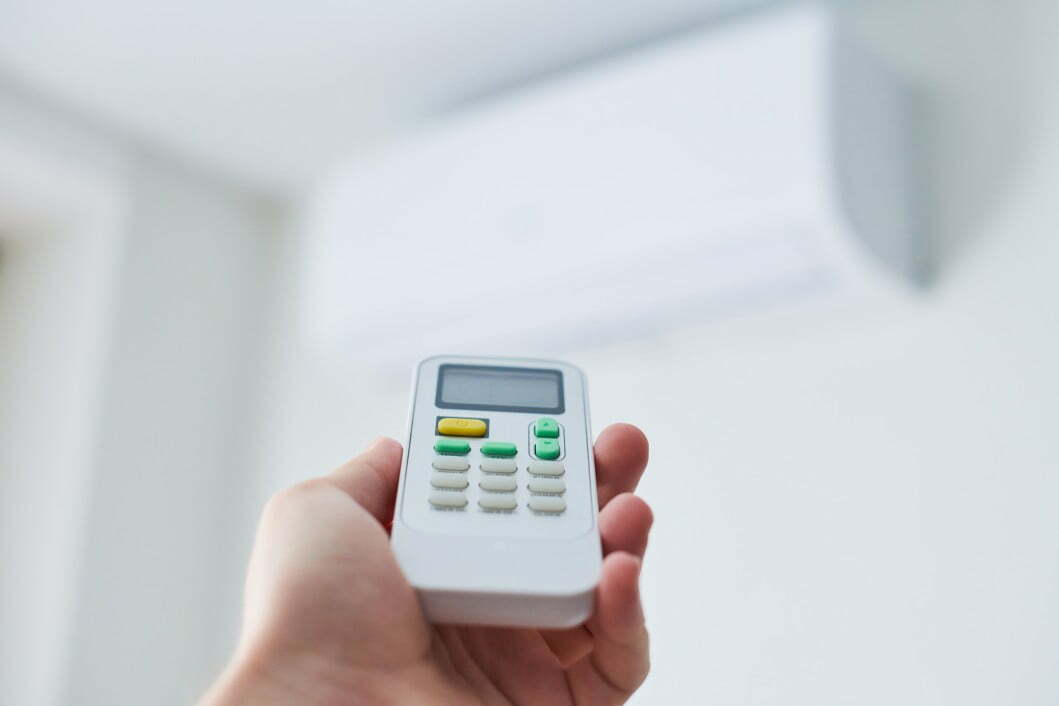
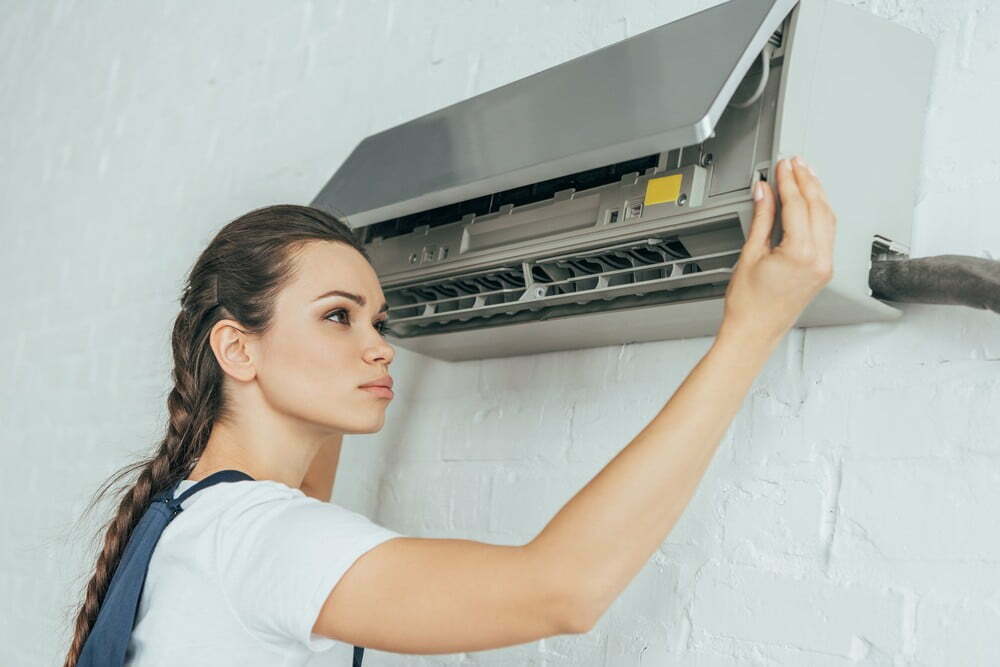
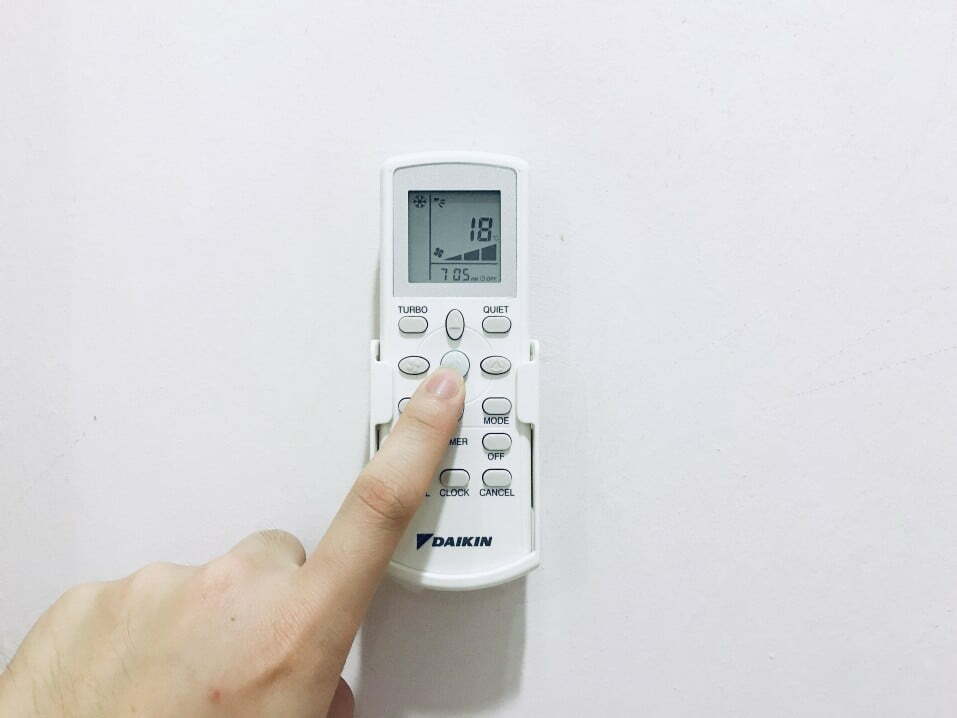
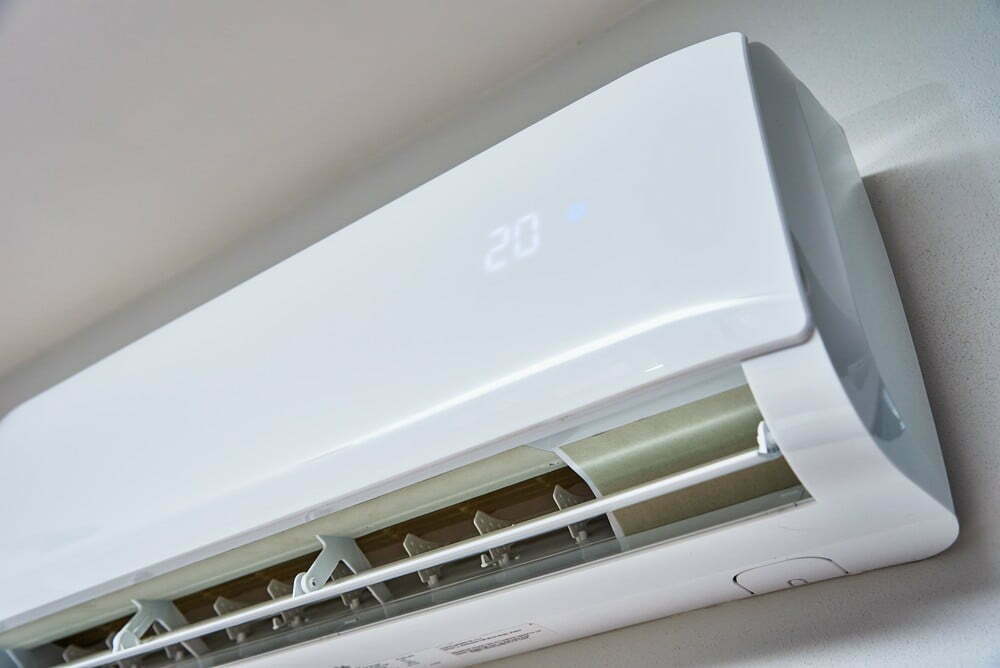
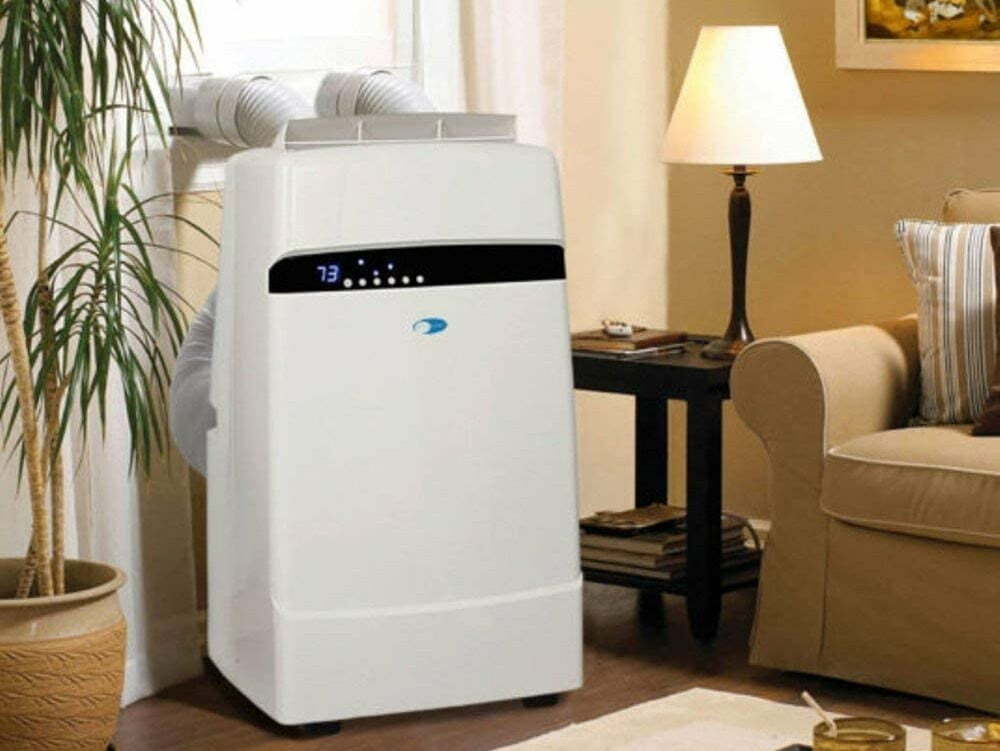
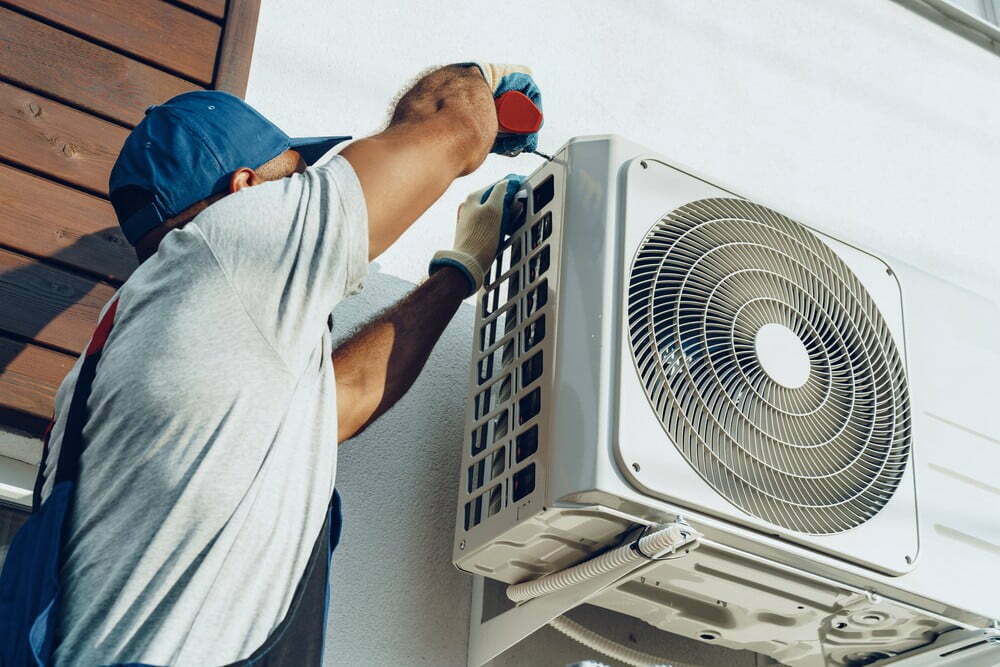

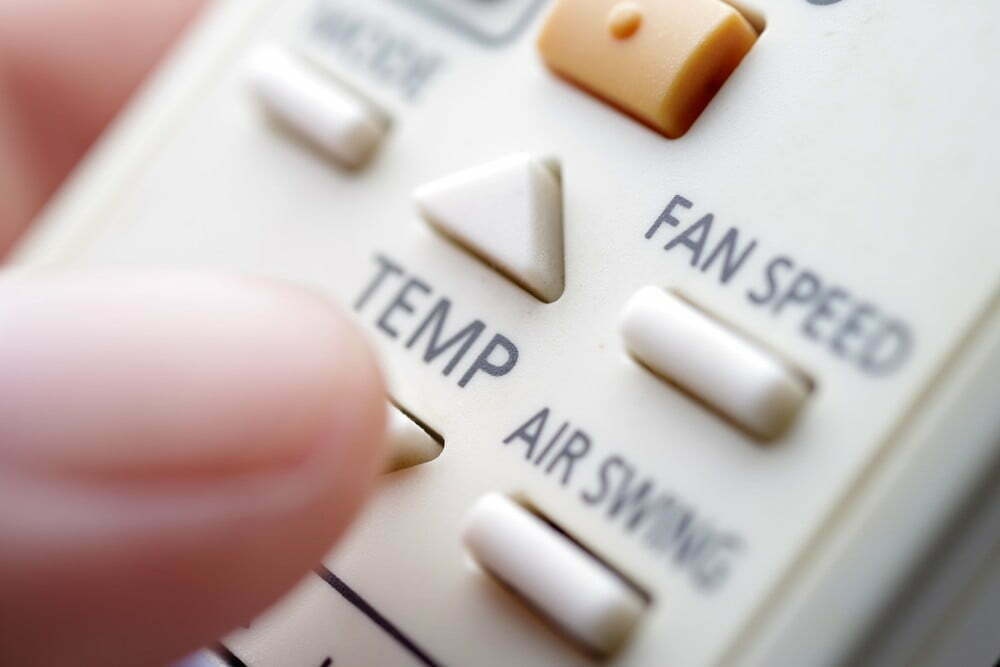
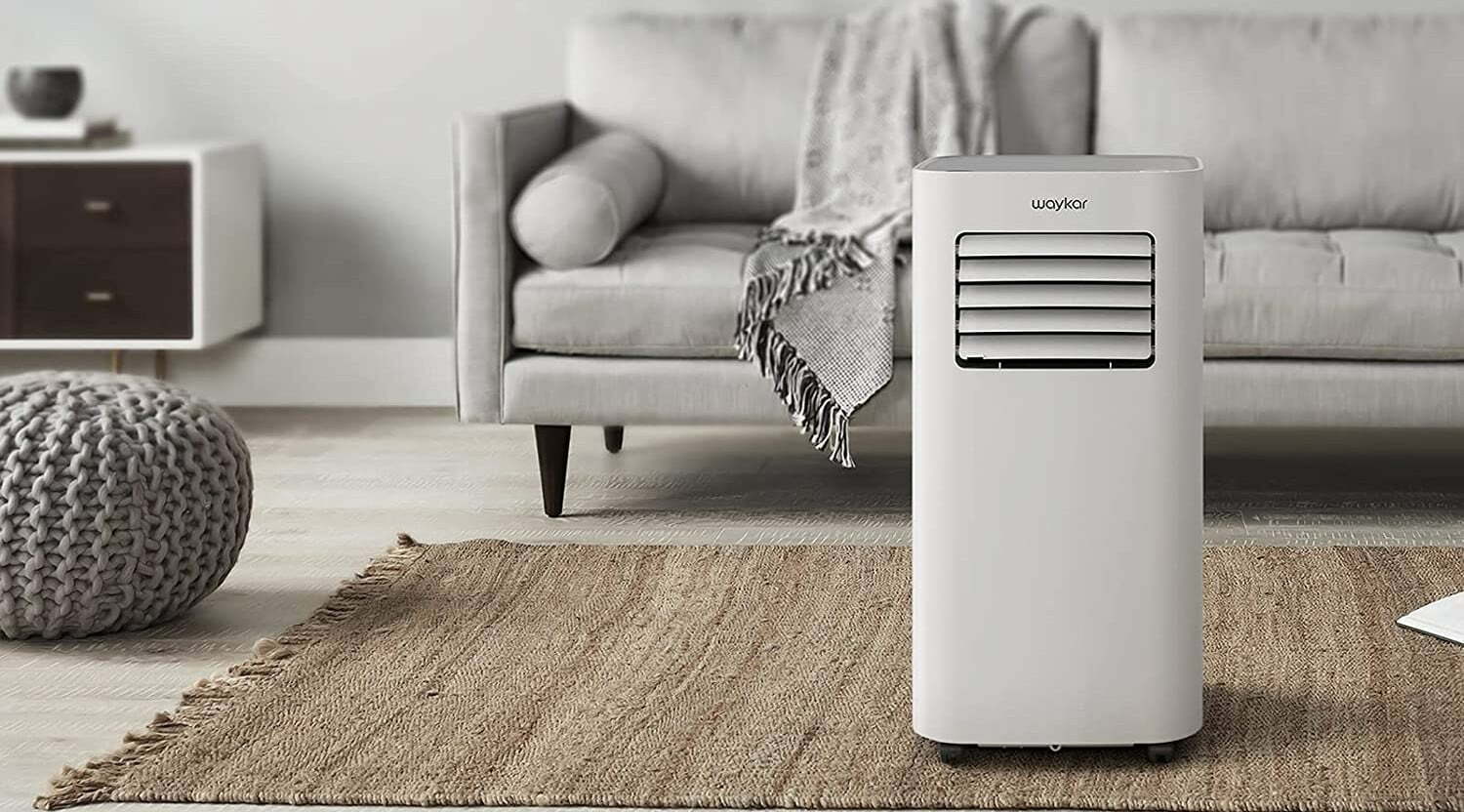
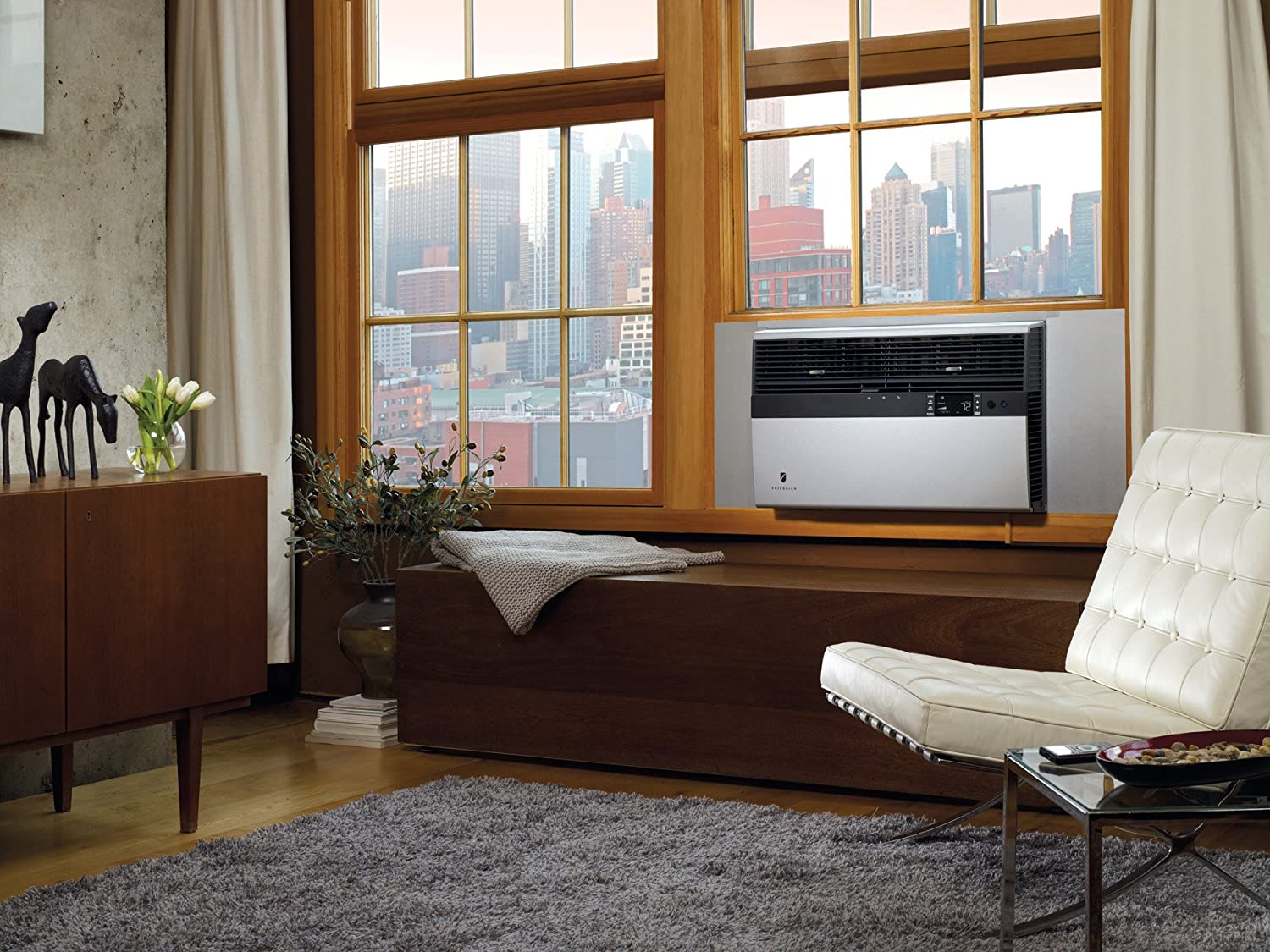
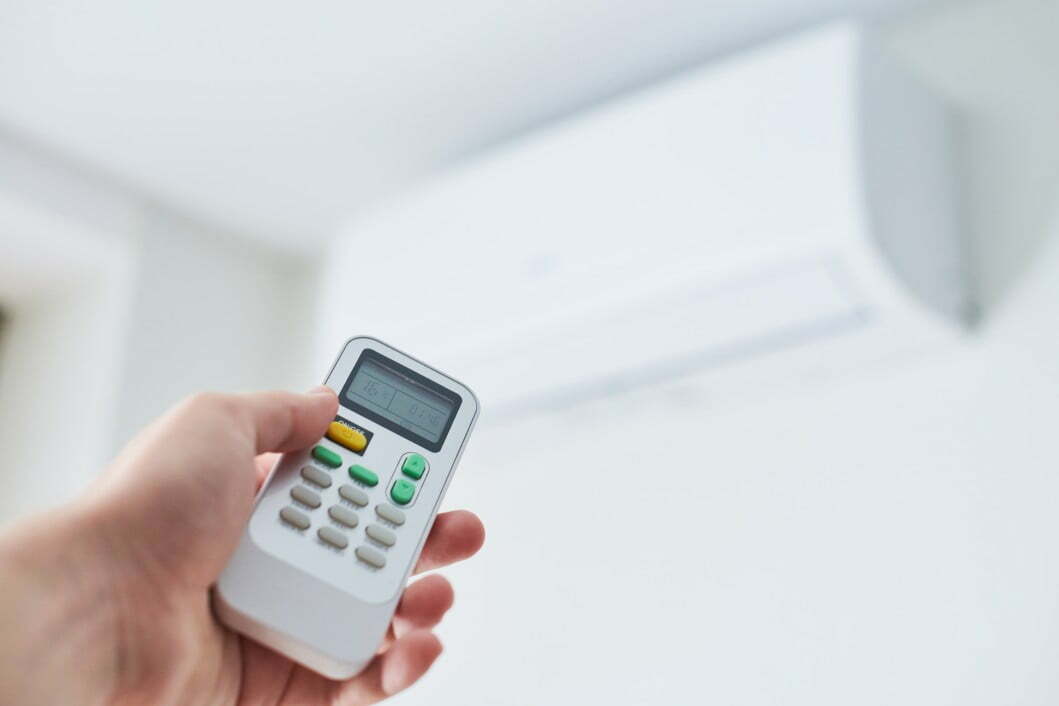
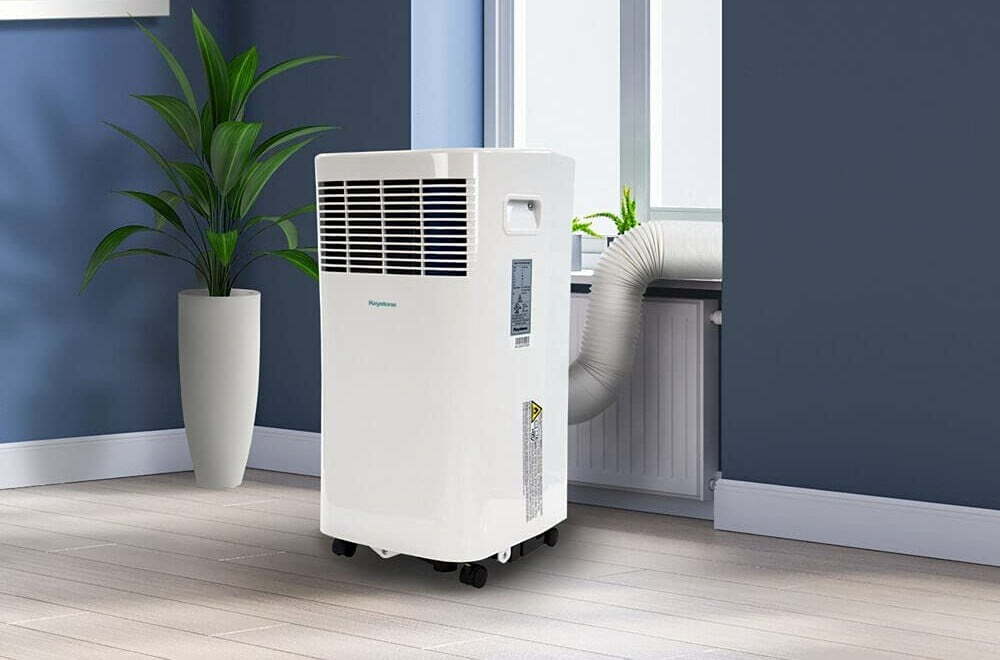
![Best Air Conditioners in [year] ([month] Reviews) 27 Best Air Conditioners in 2026 (January Reviews)](https://www.gadgetreview.dev/wp-content/uploads/best-air-conditioners-image.jpg)
![Quietest Through The Wall Air Conditioners in [year] 28 Quietest Through The Wall Air Conditioners in 2026](https://www.gadgetreview.dev/wp-content/uploads/quietest-through-the-wall-air-conditioner-image.jpg)
![Best 10000 BTU Air Conditioners in [year] 29 Best 10000 BTU Air Conditioners in 2026](https://www.gadgetreview.dev/wp-content/uploads/best-10000-btu-air-conditioner-image.jpg)
![Best 15000 BTU Air Conditioners in [year] 30 Best 15000 BTU Air Conditioners in 2026](https://www.gadgetreview.dev/wp-content/uploads/best-15000-btu-air-conditioner-image.jpg)
![Best 15000 BTU Window Air Conditioners in [year] 31 Best 15000 BTU Window Air Conditioners in 2026](https://www.gadgetreview.dev/wp-content/uploads/best-15000-btu-window-air-conditioner-image.jpg)
![Best 12000 BTU Air Conditioners in [year] 32 Best 12000 BTU Air Conditioners in 2026](https://www.gadgetreview.dev/wp-content/uploads/best-12000-btu-air-conditioner-image.jpg)
![Best Photocatalytic Oxidation Air Purifiers in [year] 33 Best Photocatalytic Oxidation Air Purifiers in 2026](https://www.gadgetreview.dev/wp-content/uploads/best-photocatalytic-oxidation-air-purifier-image.jpg)
![Best Ventless Portable Air Conditioners in [year] 34 Best Ventless Portable Air Conditioners in 2026](https://www.gadgetreview.dev/wp-content/uploads/best-ventless-portable-air-conditioner-image.jpg)
![Best Window Air Conditioners with Heat in [year] 35 Best Window Air Conditioners with Heat in 2026](https://www.gadgetreview.dev/wp-content/uploads/best-window-air-conditioner-with-heat-image.jpg)
![Best Inverter Air Conditioners in [year] 36 Best Inverter Air Conditioners in 2026](https://www.gadgetreview.dev/wp-content/uploads/best-inverter-ac-image.jpg)
![Best HEPA Air Purifiers in [year] 37 Best HEPA Air Purifiers in 2026](https://www.gadgetreview.dev/wp-content/uploads/best-hepa-air-purifier-image.jpg)
![Best Quiet Window Air Conditioners in [year] 38 Best Quiet Window Air Conditioners in 2026](https://www.gadgetreview.dev/wp-content/uploads/quiet-window-air-conditioner-image.jpg)
![Best Energy Efficient Window Air Conditioners in [year] 39 Best Energy Efficient Window Air Conditioners in 2026](https://www.gadgetreview.dev/wp-content/uploads/best-energy-efficient-window-air-conditioner-image.jpg)
![Best Quiet Portable Air Conditioners in [year] 40 Best Quiet Portable Air Conditioners in 2026](https://www.gadgetreview.dev/wp-content/uploads/quiet-portable-air-conditioner-image.jpg)
![Best 6000 BTU Air Conditioners in [year] 41 Best 6000 BTU Air Conditioners in 2026](https://www.gadgetreview.dev/wp-content/uploads/best-6000-btu-air-conditioner-image.jpg)
![Best 8000 BTU Air Conditioners in [year] 42 Best 8000 BTU Air Conditioners in 2026](https://www.gadgetreview.dev/wp-content/uploads/best-8000-btu-air-conditioner-image.jpg)
![Best Small Window Air Conditioner in [year] 43 Best Small Window Air Conditioner in 2026](https://www.gadgetreview.dev/wp-content/uploads/best-small-window-air-conditioner-image.jpg)
![Best 5000 BTU Air Conditioners in [year] 44 Best 5000 BTU Air Conditioners in 2026](https://www.gadgetreview.dev/wp-content/uploads/best-5000-btu-air-conditioner.jpg)
![Best Mini Split in [year] 45 Best Mini Split in 2026](https://www.gadgetreview.dev/wp-content/uploads/best-ductless-mini-split-air-conditioner-image.jpg)
![10 Best Portable Air Conditioners and Heaters in [year] 46 10 Best Portable Air Conditioners and Heaters in 2026](https://www.gadgetreview.dev/wp-content/uploads/best-portable-air-conditioner-and-heater-image.jpg)
